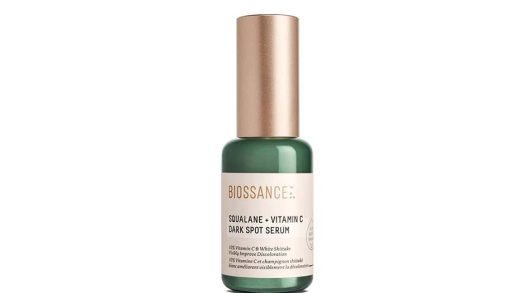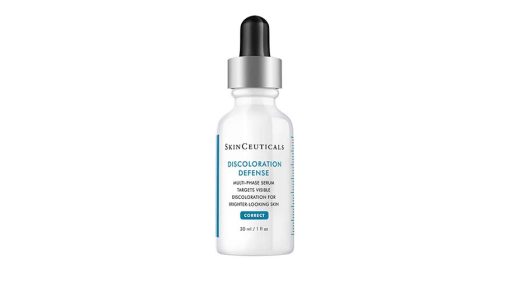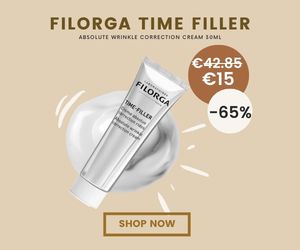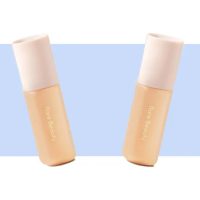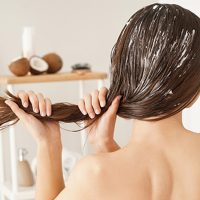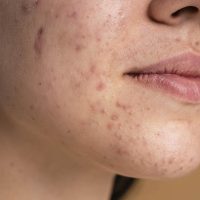Retinol is a superstar in the beauty world, recommended by countless dermatologists and skincare experts. Known for its effectiveness in combating aging, brightening skin tone, and improving texture, retinol is a powerhouse ingredient—but it needs to be used correctly and with the right combinations. Today, we’ll delve into all aspects of retinol, covering its benefits, proper use, and precautions, and I’ll recommend two top-quality retinol products to help you incorporate it safely and effectively into your skincare routine.
Unleash Your Adventure with Columbia Sportswear
– Where Style Meets Performance!
Elevate Your Outdoor Experience with Our Premium Gear – Explore, Conquer. and Look Good Doing It. Embrace the Elements in Columbia's Cutting-Edge Designs. Gear Up for Greatness, Unleash Your Inner Explorer!
Find your gearI. What Is Retinol?
Retinol is a derivative of Vitamin A and belongs to the Vitamin A family, along with other compounds like retinaldehyde and retinoic acid. It’s prized in skincare for its ability to penetrate deeply into the skin cells, targeting issues like fine lines, wrinkles, and pigmentation with impressive results.
Retinol is highly effective, yet it’s gentler than stronger Vitamin A derivatives like retinoic acid, making it a better choice for everyday skincare. With regular use, retinol can boost collagen production, improve skin texture, and inhibit pigmentation.
II. What Does Retinol Do?
Retinol’s primary skincare benefits can be summed up as follows:
- Anti-aging: Retinol accelerates skin cell turnover, promoting the formation of fresh skin cells that make the skin firmer and reduce the appearance of fine lines and wrinkles.
- Evens skin tone: By inhibiting tyrosinase (the enzyme that helps produce melanin), retinol can reduce the formation of dark spots, making the skin appear brighter.
- Unclogs pores: Retinol is beneficial for oily and congested skin types. It accelerates exfoliation, which helps prevent clogged pores and reduces the appearance of enlarged pores.
- Strengthens the skin barrier: Retinol can help thicken the skin, strengthening its barrier and making it more resilient to environmental stressors.
III. Benefits of Using Retinol
Regular use of retinol can significantly enhance the overall condition of your skin. Dermatologists widely consider retinol to be one of the most effective anti-aging ingredients available. Here are some of the main benefits retinol offers:
- Reduces wrinkles: By stimulating collagen production, retinol helps plump and firm the skin, diminishing the appearance of dynamic and static wrinkles.
- Improves skin elasticity: Retinol restores the skin’s elasticity, giving it a firmer, more supple look.
- Brightens skin tone: Retinol can fade dark spots and sunspots, making skin tone more even and radiant over time.
- Controls oil production: Retinol’s oil-control benefits are particularly friendly to oily skin types, helping to reduce shine and minimize acne.
IV. How to Use Retinol
Because retinol is highly active, it requires some care to avoid irritating the skin. For those new to retinol, here are some practical tips:
- Introduce it gradually: Start with retinol 1-2 times a week and observe your skin’s tolerance. Once your skin adapts, you can increase frequency to every other day or daily use.
- Use it at night: Retinol is sensitive to UV light, so it’s best applied in the evening. During the day, remember to apply sunscreen for added protection.
- Pair with moisturizers: Retinol can cause dryness, so follow it up with a moisturizer to soothe and prevent dryness.
- Avoid sensitive areas: Refrain from applying retinol around the eyes and mouth, as these areas are more sensitive. Instead, consider using a specific retinol eye cream.
V. What’s the Optimal Retinol Strength?
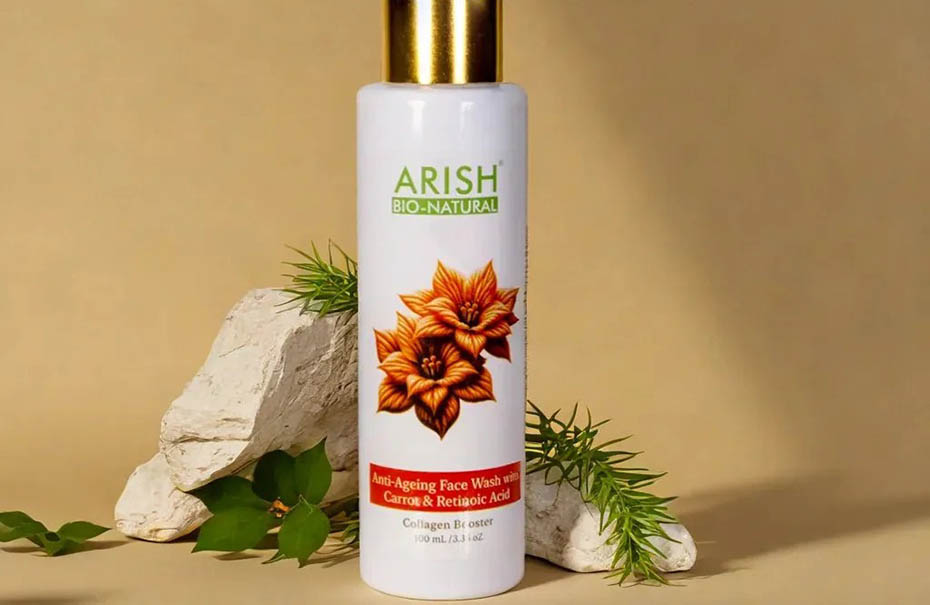
Retinol strength is typically indicated by concentration. Beginners should start with a low concentration (0.1%-0.3%) to help the skin gradually adapt and minimize any potential irritation. Once the skin has acclimated, you can gradually increase the concentration to 0.5%-1.0% for more noticeable results.
Remember, higher concentrations don’t always mean better results; it’s more important to choose a concentration that suits your skin’s tolerance level. For sensitive skin types, starting with a lower concentration and pairing with hydrating ingredients is essential.
VI. Retinol, Retinoids, and Retinoic Acid: What’s the Difference?
Retinol, retinoids, and retinoic acid are all derivatives of Vitamin A but differ in their potency, irritation levels, and mechanisms of action:
- Retinol: This form of Vitamin A is gentler and suitable for daily skincare. It requires multiple conversions within the skin to become active, resulting in lower irritation.
- Retinoids: This term refers to a broader category of Vitamin A derivatives, including retinol, retinaldehyde, and retinoic acid. All are effective for anti-aging and acne treatment.
- Retinoic acid: This is the most potent form, showing fast results but with a higher potential for irritation. It’s typically prescribed by dermatologists for severe acne or significant skin aging.
Retinol is best suited for daily use, while retinoic acid is more powerful but requires professional guidance.
VII. Which Ingredients Shouldn’t Be Used with Retinol?
Retinol is effective, but when combined with certain ingredients, it can cause skin discomfort. Here are some tips for safe retinol pairing:
- Avoid combining with strong acids: Ingredients like salicylic acid, glycolic acid, or azelaic acid can increase skin sensitivity when used with retinol.
- Vitamin C: Retinol and Vitamin C are best used in separate routines. For example, apply Vitamin C in the morning and retinol at night for optimal results.
- Too many active ingredients: Retinol itself is highly active, so avoid layering it with too many other active ingredients to prevent overloading the skin.
VIII. When to Use Retinol
Retinol is best used in the evening because it’s sensitive to light and can make the skin more susceptible to sun damage. At night, when skin naturally repairs itself, retinol can work effectively to enhance this process.
IX. Recommended Retinol Serum and Moisturizer
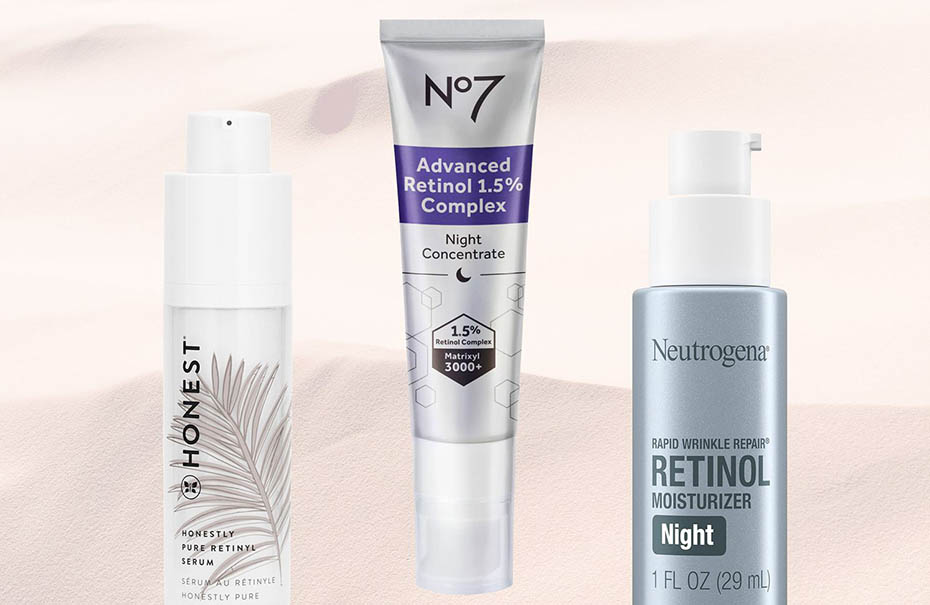
Now that we understand how to use retinol effectively, here are two top-rated products: a retinol serum and a moisturizing cream. Both of these are popular among dermatologists and suitable for most skin types.
Retinol Renewal Serum This serum is packed with high-quality retinol, designed to boost collagen production, reduce fine lines, and improve skin firmness. It also contains hydrating agents to balance moisture, minimizing irritation while delivering anti-aging benefits. With continued use, it can enhance skin tone and texture, leaving it looking youthful and radiant.
- Who it’s for: Ideal for those with mild aging concerns, dull skin, and anyone looking to brighten skin tone.
- Main ingredients: Retinol, hyaluronic acid, and plant antioxidants.
- Benefits: Reduces fine lines, fades dark spots, brightens skin tone, and strengthens the skin barrier.
- How to use: After cleansing in the evening, apply to the face and gently massage until absorbed. Follow with a moisturizer.
Moisturizing Retinol Repair Cream This cream contains a low concentration of retinol, making it perfect for retinol beginners and sensitive skin types. It has excellent moisturizing properties, helping lock in hydration and repair the skin barrier. The creamy texture provides deep nourishment, allowing the skin to recover more effectively overnight.
- Who it’s for: Suitable for all skin types, especially sensitive or dry skin.
- Main ingredients: Low-concentration retinol, squalane, and ceramides.
- Benefits: Gentle repair, hydration, and enhanced skin barrier function.
- How to use: After applying the retinol serum, take a small amount of cream, apply evenly over the face, and massage until absorbed.
Retinol is a star ingredient in skincare, offering significant benefits for smoothing, refining, and rejuvenating the skin. With the right approach, retinol can become a valuable part of your routine. I hope this provides you with all the guidance you need to start using retinol confidently for a radiant and youthful complexion!
